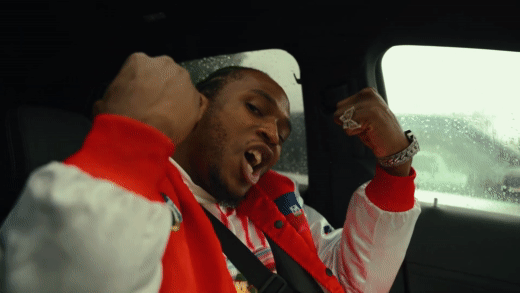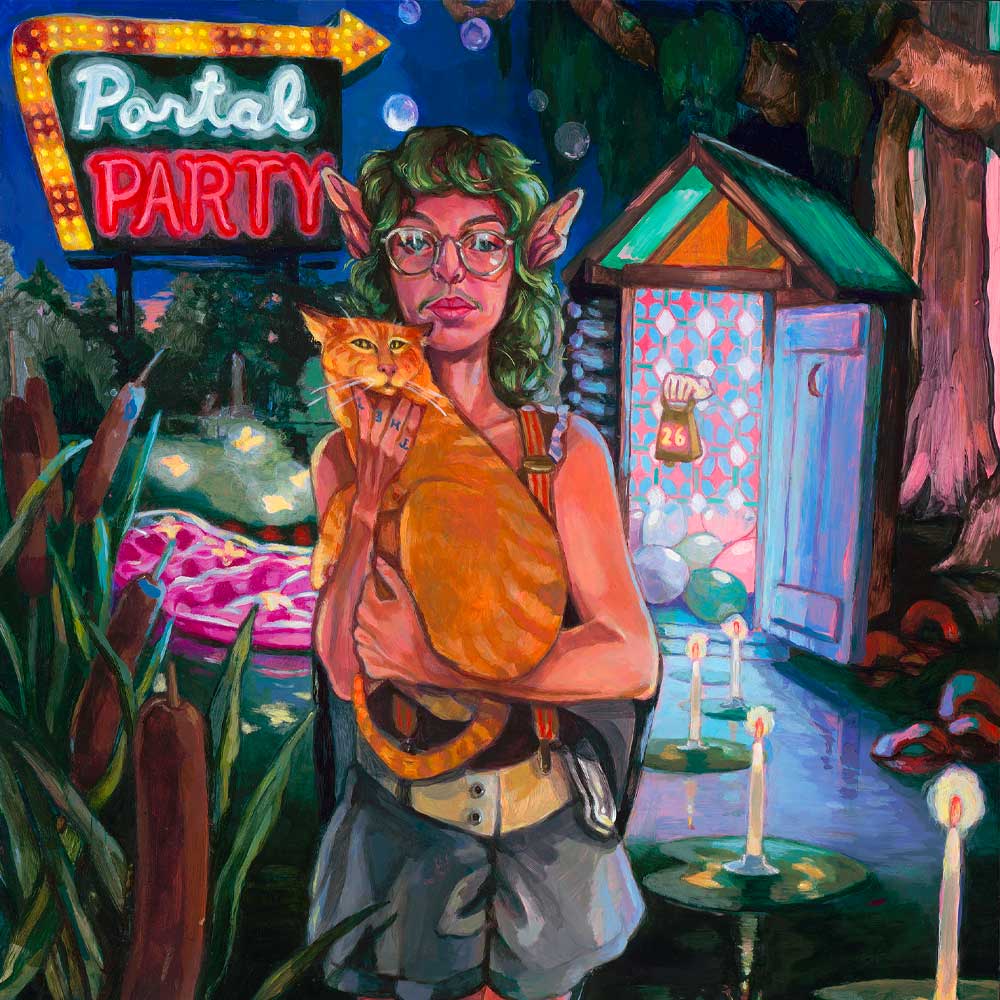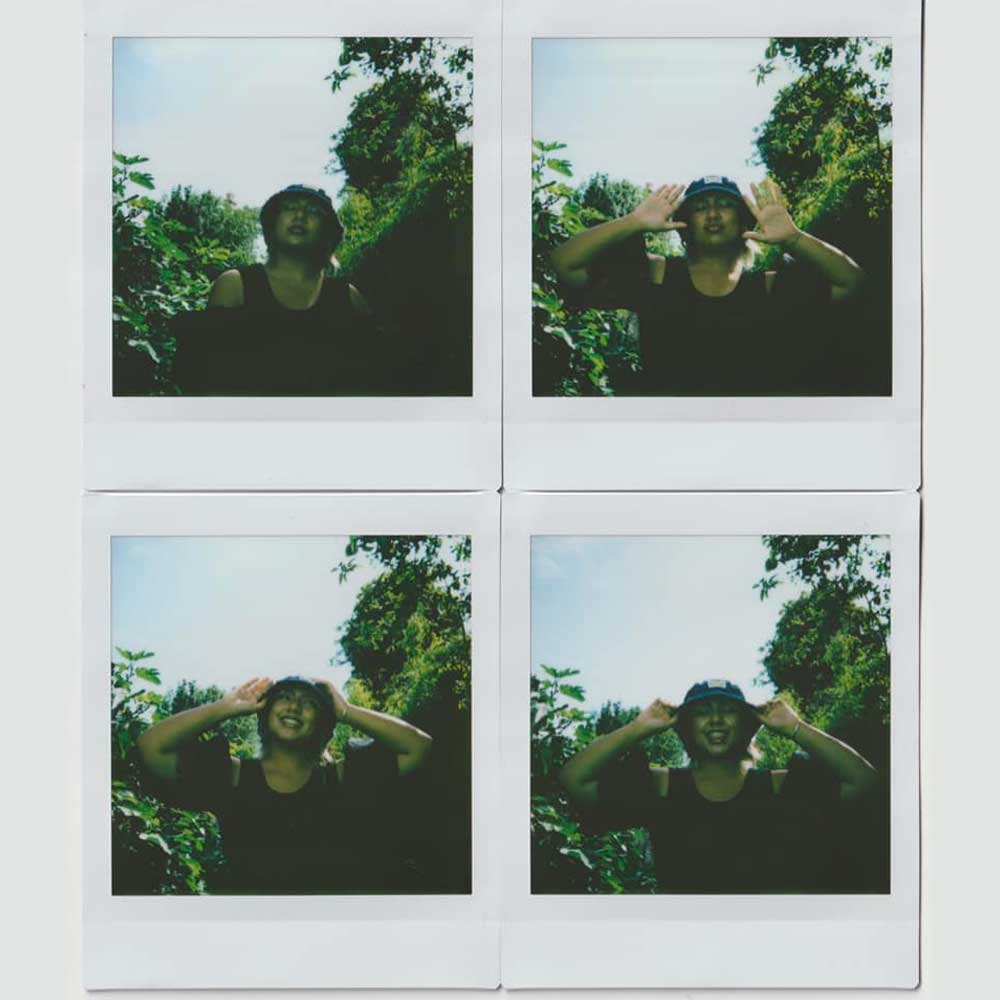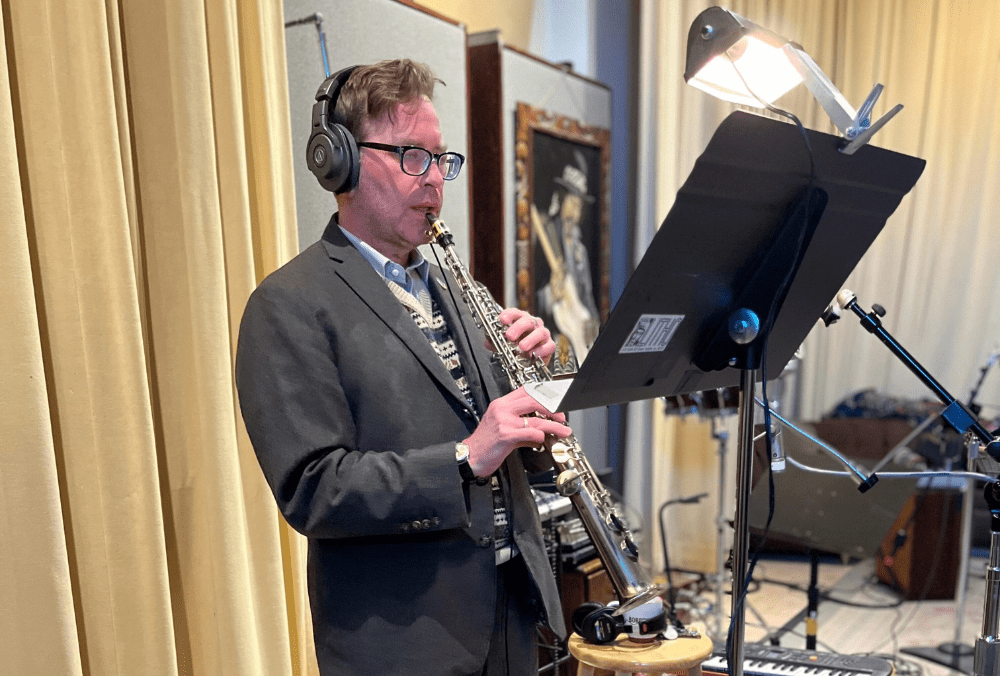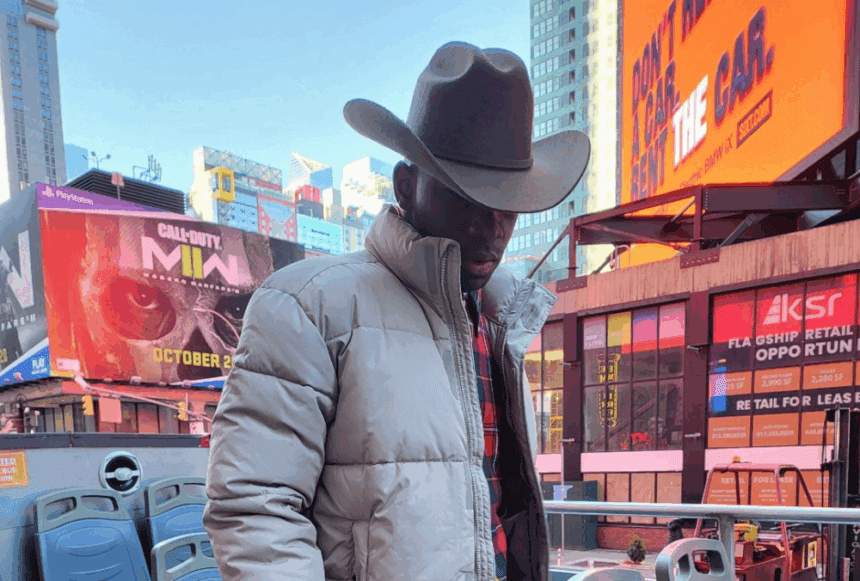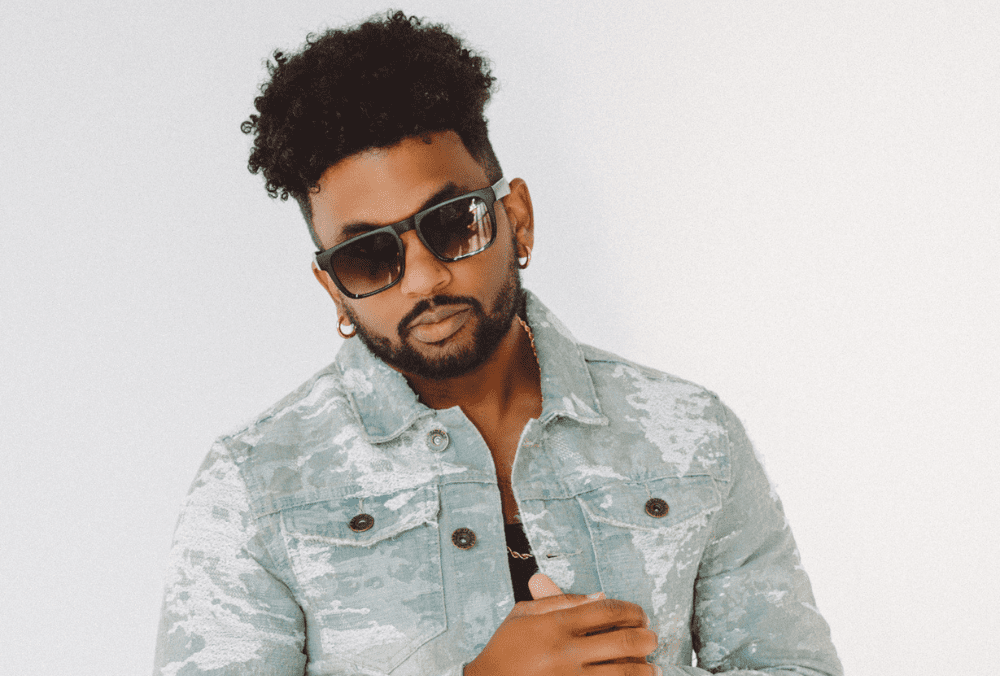For many years as an African-American young person born to Liberian parents, it has been a lonesome journey finding and connecting with Liberian-bred recording artists that resonate with who I am and what I like to support. As a direct result of that void, my stateside siblings and I grew up listening to and buying various styles of music—it was compact discs back then—from around the globe, which I am thankful for, and it vastly contributes to who I am today. Still, there was an inner yearning to identify with my parent’s indigenous cultures and get to know myself most importantly. Finally, this year, through internal research, the internet’s help, and conversations with other Liberian music promoters who are currently pushing native artists, I’ve found several new talents on the rise.
Aside from recent interaction with famous Liberia-based rapper Bucky Raw and repeatedly playing female Liberian singer BrownSkin’s song with Teni (‘Merry Go Round’), Dollaz Deniro is the latest artist to make my short but growing list of artists from the West African coast grossly known for its civil war, polygamy, a poor education system and a high intolerable illiteracy rate, and the unfortunate corruption described as an “endemic at every level” of the local government on Wikipedia. If you’ve ever watched the VICE documentary about Liberia in 2010 as I did as an outsider, you probably clutched your pearls. You reasonably made a life-long decision not to visit the land extirpated by fourteen years of warfare (again), and any person would understand, but some of us cannot escape who we are.
Who is Dollaz Dinero? At first glance, he appears to be a passionate rapper finding his voice and records in an aggressive higher pitch like the Yung Ros and Meek Mills of the Rap World. ‘U Able A’, slang translated to “you can handle it”, doesn’t fall far from the American Hip-Hop Tree when it has to do with his lyrical content (sexually charged bars and warnings for his opps). Will Dollaz Dinero be the breakout America-based artist to successfully crossover into the mainstream market with Liberian local vernacular or the Kolokwa dialect interpolated as Sarkodie does with Twi? Only time will tell.


